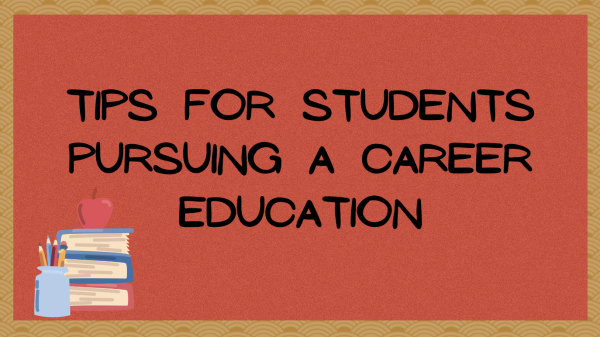Editorial: Why the New Voices legislation must pass
Other NJ schools deserve the same administrative respect we receive

If one thing is clear after our investigation into local cases of student censorship and experience talking with other students at the GSSPA conference, it’s this: The New Voices bill as proposed in the New Jersey congress must be passed.
The New Voices bill, as explained in detail here, is aimed at solidifying the first amendment rights of journalists in schools. In simplest terms, the bill protects the rights of school newspapers to publish free of censorship and “prior restraint”, or the required approval of an administrator before the distribution of a work.
While it may seem intuitive for student publications to have freedom of speech and expression, a surprising number of cases of censorship continue to unfold in New Jersey and all around the country. Local cases at Northern Highlands High School and Pemberton High School have brought this issue to light in the state and have influenced the introduction and reintroduction of this bill by New Jersey assembly people and senators.
The ability to publish independent of the watchful eye of an administration should be a right for student publications, not a luxury.
Unlike other schools across the state, The Smoke Signal has been extremely fortunate in our interactions with our administration. There is very little, if any, censorship of our work. Our relationship with the administration has been built on mutual trust and respect. As a result, our administrators do not feel the need to approve our articles before they are published. Even with some of our more controversial pieces, where our administration might not necessarily have agreed with our position, they have supported our right to publish news that is important to the school community. In fact, they’ve encouraged it.
We’ve published editorials criticizing the administration and their policies. We’ve published articles displaying controversial—and sometimes provocative—opinions. We’ve even published pieces that have caused major school controversies and scandals. Pascack Valley administrators have stood by our side through thick and thin, allowing us to criticize, praise, and highlight different elements of our school at our own will.

Assemblywoman Gail Phoebus advocates for New Voices legislation at the GSSPA conference.
This is an important dynamic that has helped us grow and develop into a legitimate news outlet. Unfortunately, many high schools around the country have not been afforded this freedom. The ability to publish independent of the watchful eye of an administration should be a right for student publications, not a luxury.
The purpose of student journalism is to report facts and news relevant to the school community. With censorship and administrative control, the truth can be obscured or disregarded for fear that the administration, school, or community may be painted in a negative light. We are lucky to have an administration that supports what we do and trusts us to publish what is important, regardless of how it may reflect upon the district. Ensuring that high school newspapers in New Jersey reach this level of freedom through state legislation, like many others across the country have already achieved, should be a priority.
There is widespread agreement here; students deserve to know the whole, unbiased truth.
Supporters of the New Voices bill are working hard to make sure that preferential reporting does not continue to dominate scholastic publications. The issue is nonpartisan, a unifier of two very different sides. There is widespread agreement here; students deserve to know the whole, unbiased truth.
Public support is needed for this bill to gain traction and, eventually, pass. It is up to us as students, both journalists and readers, to do everything in our power to support the New Voices movement and to stand up for our right to hear and be heard. Anything from writing letters to our state assemblymen, to tweeting in support of the movement, to spreading the word of its message can help progress the bill forward.
In the end, we are the “new voices”. And it’s up to us to make sure we are heard.



















Arnav Goel • Oct 26, 2016 at 4:29 pm
I respectfully disagree, as the newspaper is owned by the school, the school should be able to censor it. For example, if a journalist from the Washington Post were to write an article bashing the Washington Post, would the Washington Post be required to publish it? A solution to your problem would be for the students to publish their own newspaper with the controversial beliefs.